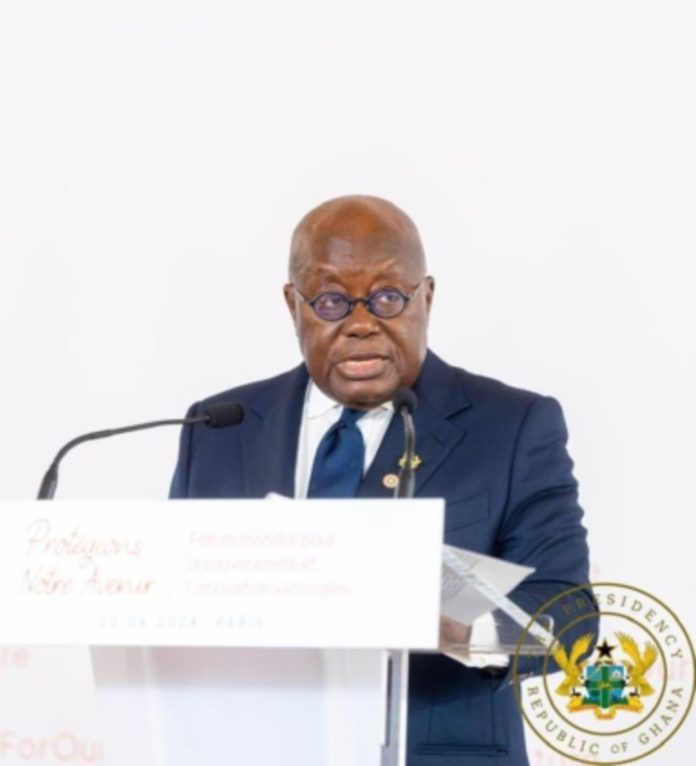President Nana Akufo-Addo has affirmed that the Right to Information (RTI) Act has reinforced Ghana’s commitment to open and accountable governance.
The Act empowers citizens to scrutinise public institutions and officeholders, fostering greater civic engagement in the governance process.
This was conveyed in a speech delivered on his behalf by Dr Yaw Osei Adutwum, Minister of Education, during the commemoration of the 2024 Global Conference on the International Day for Universal Access to Information in Accra.
The RTI Act, 2019 (Act 989), was signed into law by the President in May 2019 and became operational in January 2022. Its goal is to establish systematic procedures for granting individuals the right to access information held by public institutions.
The Act mandates the establishment of an Information Unit within each public institution, led by an Information Officer who would facilitate access to information.
Since the landmark passage of the Act, Ghana has received praise from various international organisations, including UNESCO, and the United Nations Agency for Education, Science, Culture, Communication and Information, for enhancing its access to information laws.
President Nana Akufo-Addo noted that his Administration would continue to liaise with key partners to promote the culture of transparency at all levels of governance.
“I am determined to ensure no Ghanaian is left behind in this information age. It is through participation that they can make their leaders accountable,” he noted.
The President indicated that, the government’s efforts to expand access to information by investing in digital infrastructure.
That initiative would ensure that Ghanaians are well-informed to enable them to monitor development projects and programmes for the effective utilisation of state resources.
Audrey Azoulay, the UNESCO Director-General, in a message delivered on her behalf, said the right to public information was fundamental to freedom of expression.
“It is, therefore, imperative that access to information plays a central role in legal frameworks that govern public institutions across all levels, as well as public-private partnerships,” she advised.
Ms. Azoulay stated that inclusive access to information was essential for building just, peaceful, and sustainable futures.
She expressed UNESCO’s desire for countries worldwide to recognise information as a global public good.
This year’s Global Conference is being organised on the theme: “Mainstreaming Access to Information and Participation in the Public Sector.”
The event focuses on the role of different stakeholders in ensuring that all individuals and entities can seek, receive, and relay information and engage in democratic processes.
ALSO READ:

